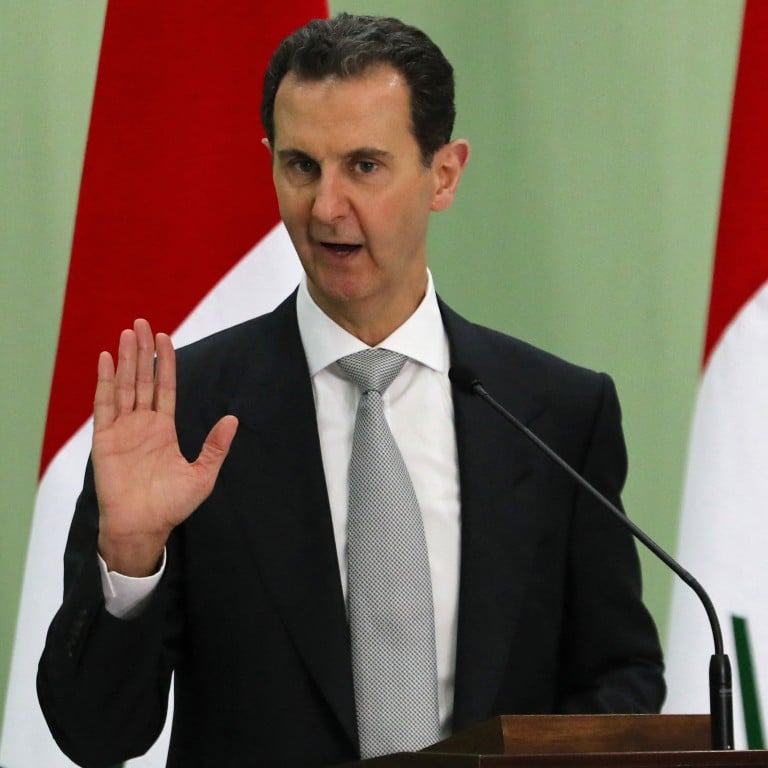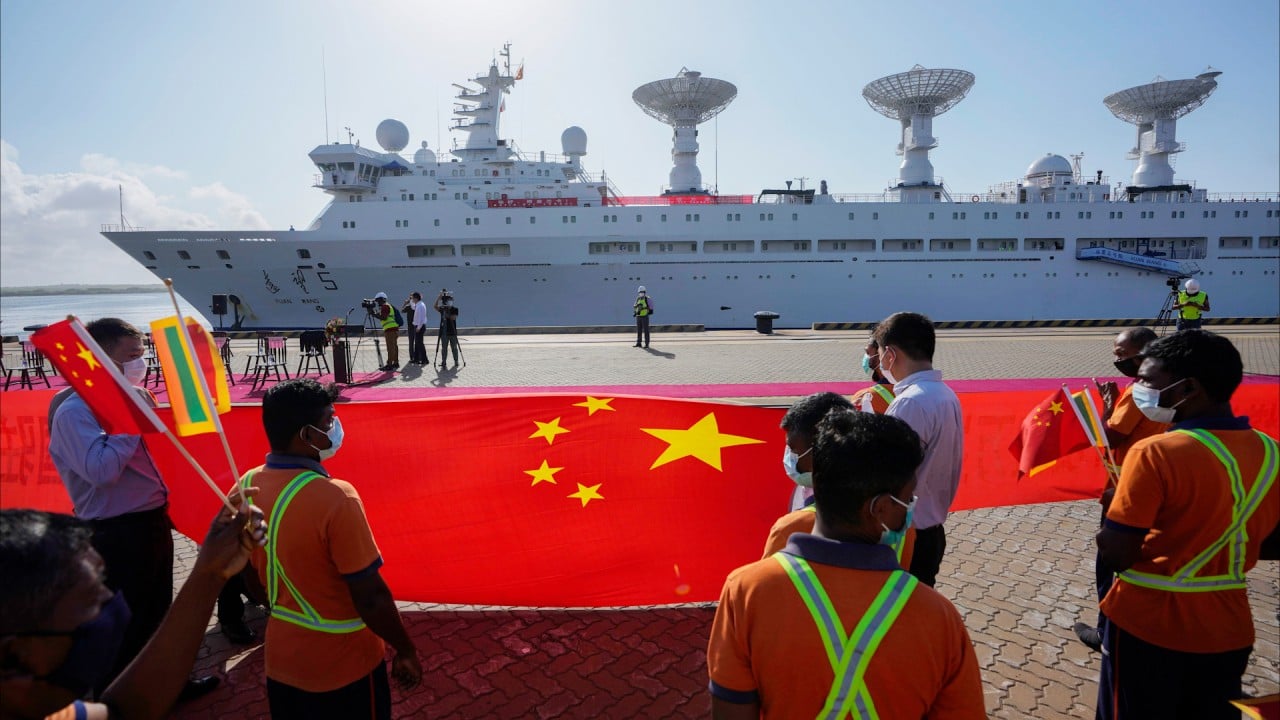
Syrian leader expected to seek China’s support in rebuilding economy in meeting with Xi Jinping, analysts say
- Syria’s economic crisis and political reconciliation to top agenda in Bashar al-Assad’s talks with Chinese counterpart Xi Jinping, observers say
- Assad’s visit to Beijing – his first since start of Syrian civil war – comes as China takes on bigger role in Middle Eastern politics and diplomacy
Mandarin learning boom as China extends its soft power in Middle East
Wang Jin, an associate professor at the Institute of Middle East Studies at China’s Northwest University, said Assad’s meeting with Xi would focus on Syria’s economic reconstruction while also calling on Beijing to engage more in the country’s political reconciliation.
“The Syrian regime hopes China can play a more important role in pushing the reconciliation of different political factions in the country,” Wang said.
But he added the more direct reason to increase engagement with China would be to ease Syria’s economic crisis.
“Assad’s more immediate concern is the economic issue,” he said, noting that in July and August, Syria’s economic data worsened and the rate of currency devaluation accelerated.
“So it needs to be able to get further [with Beijing] to get China’s support and help, especially investment and financial support.”
China could play an important role in Syria, especially on the economic front. Last year, Syria became a member of the Belt and Road Initiative, Beijing’s global infrastructure project, in a move that is expected to “strengthen friendly cooperation between China and Syria in fields such as infrastructure and electricity”, according to state-run news agency Xinhua.
Syria’s GDP shrank dramatically to only US$11.16 billion in 2020 – just 4.4 per cent of its GDP in 2010, the year before the civil war started, according to the World Bank. The Syrian pound also hit a record low against the US dollar this year.
In February, a fatal earthquake that struck Turkey and Syria sparked another humanitarian crisis in the country, killing more than 7,000 people and leaving the war-torn country with US$5.1 billion in losses.
China pushes ‘party-to-party’ diplomacy as it seeks bigger role in Middle East
Unlike Russia and Iran, which have sent direct military aid to help Assad regain control of much of the country by countering US-backed forces, China’s support for Syria’s government has remained largely on the diplomatic level.
China has used its veto power at the United Nations eight times to stop resolutions against Assad’s government, the latest of which came in July 2020.
A Chinese delegation reportedly visited Idlib in northwestern Syria in 2021 to collect information about TIP, whose proxy has been linked to separatist activities in Xinjiang. The delegation included officers from China’s Ministry of State Security.


